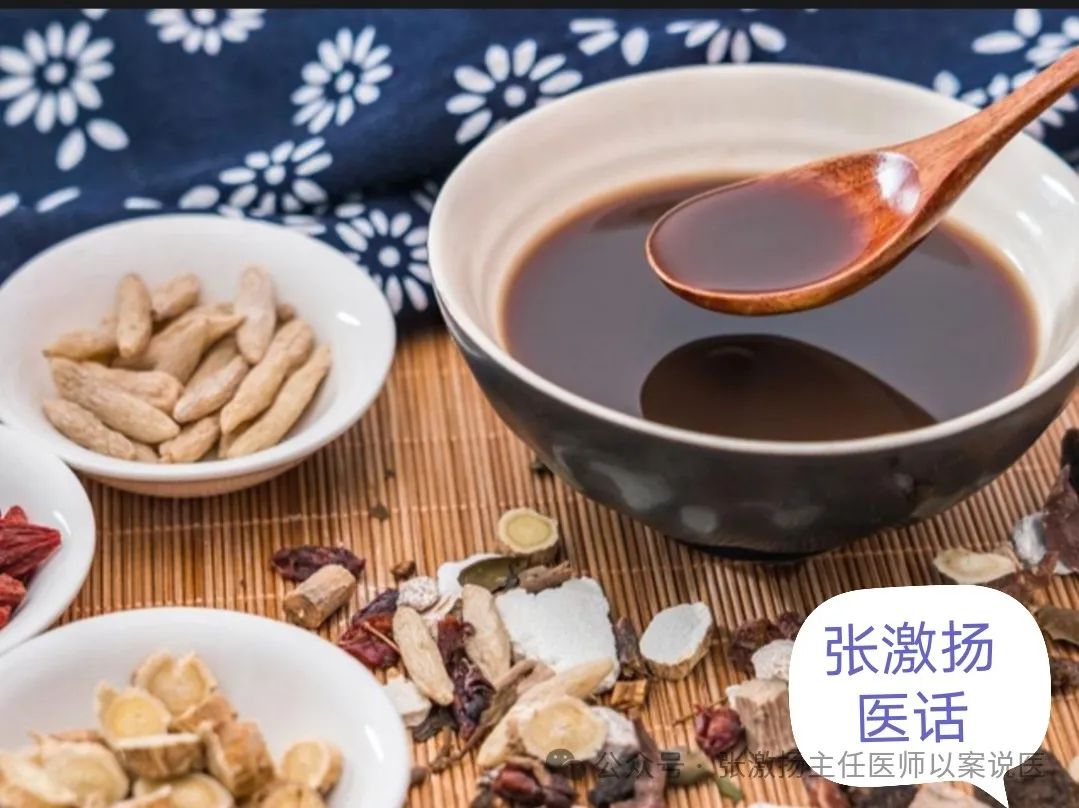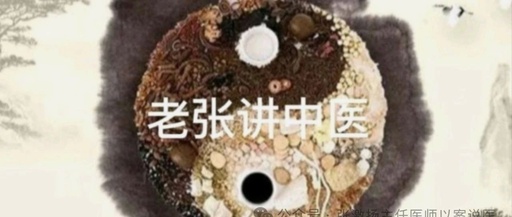
Patient Wei, female, 47 years old, first diagnosed on November 3, 2024, has experienced spontaneous sweating for over a year. The patient reports experiencing heat and sweating, fatigue, and excessive sweating with slight activity. She has a dry mouth, poor sleep, a pale tongue with white coating, and a weak left cun pulse. Diagnosis: Qi deficiency with inability to secure. Treatment principle: Treat both the spleen and kidneys, secure the exterior and stop sweating. Proposed formula: Modified Yu Ping Feng San (Jade Wind Screen Powder). Prescription: Sheng Huang Qi (Raw Astragalus) 30g, Chao Bai Zhu (Fried White Atractylodes) 20g, Fang Feng (Siler) 10g, Fu Xiao Mai (Floating Wheat) 30g, Pian Tao Gan (Dried Peach) 10g, Wu Wei Zi (Schisandra) 10g, Gou Qi Zi (Goji Berries) 10g, Nuo Dao Gen (Glutinous Rice Root) 10g, Lu Xian Cao (Deer Horn Grass) 10g, Sheng Jiang (Fresh Ginger) 3 slices, Da Zao (Dates) 5 pieces, 7 doses, decocted in water for oral administration. One week later, during follow-up: The patient joyfully reported that after taking the medicine for a week, the results were surprisingly good, and the sweating issue that had troubled her for a year had completely disappeared. Experience: Spontaneous sweating falls under the category of sweating syndromes in TCM, indicating abnormal leakage of sweat due to imbalance of Yin and Yang and insecurity of the pores. Daytime sweating, especially with slight movement, is termed spontaneous sweating. According to the Ming Yi Zhi Zhang (Guide to Sweating Syndromes): “Spontaneous sweating occurs day and night.” Zhu Danxi summarized the pathological attributes of spontaneous sweating, believing it to be related to Qi deficiency, blood deficiency, dampness, Yang deficiency, and phlegm. Zhang Jingyue noted that spontaneous sweating generally belongs to Yang deficiency. Ye Tianshi in the Clinical Guidelines for Medical Cases stated: For Yang deficiency with spontaneous sweating, the treatment should focus on tonifying Qi to protect the exterior. The fifth edition of Internal Medicine of Traditional Chinese Medicine commonly uses Huang Qi Tang (Astragalus Decoction) to treat spontaneous sweating, while contemporary case studies often use Gui Zhi Jia Long Gu Mu Li Tang (Cinnamon Twig Decoction with Dragon Bone and Oyster Shell) for this condition. It is essential to distinguish between exterior and interior causes of sweating. For exterior causes, treat the exterior to stop sweating; for interior causes, adjust Yin and Yang based on deficiency and excess. Spontaneous sweating often relates to Qi deficiency with insecurity, and Qi deficiency is frequently accompanied by Yang deficiency. The insecurity of Qi is often a manifestation, with the root cause lying in the kidneys. Yu Ping Feng San secures the exterior, while Wu Wei Zi, Gou Qi Zi, and Lu Xian Cao nourish the kidneys, and Fu Xiao Mai, Pian Tao Gan, and Nuo Dao Gen address the symptoms to stop sweating. The entire formula is simple in composition but effective. Traditional Chinese medicine is a profound art; its application requires tailoring to the patient’s symptoms, constitution, and severity of the condition. Individualized treatment and differentiation of syndromes are the hallmarks of TCM. If you find this article helpful, feel free to share it with more people. Your shares, likes, and comments are my motivation to move forward.

Welcome to follow our WeChat account for mutual progress!
Gout Treatment Experience!

